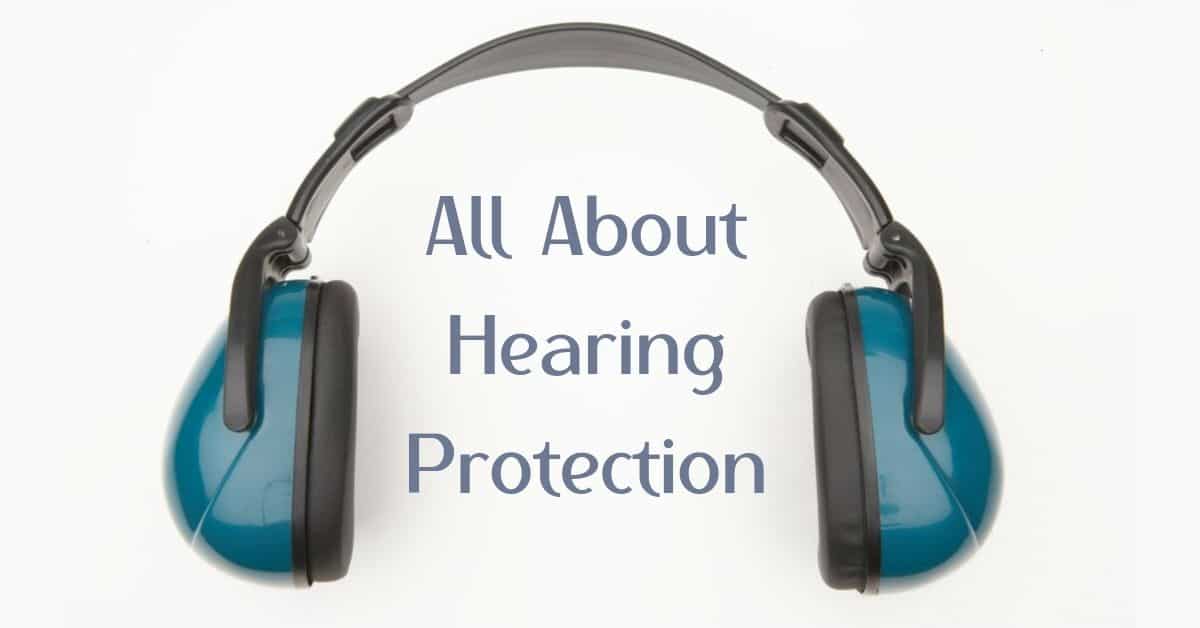
Our world gets noisier with each passing day, and our city streets have become dangerous to our hearing health. Many of the sounds you’re exposed to every day can damage your hearing, rob you of some of the sounds you hear, and cause tinnitus, that annoying buzzing or high-pitched ringing sound in your ears. You’ll struggle to follow conversations and enjoy spending time with family and friends. Hearing loss caused by noise is irreversible, and once you’ve lost your hearing you can’t get it back. Learn about hearing protection, and protect your hearing before it’s too late.
Protecting Your Hearing
Looking after your hearing health shouldn’t start after you’ve experienced hearing loss. Protecting your hearing today will save your hearing for years to come, so be sure you protect your hearing when you’re exposed to loud noises. What sounds are too loud? If you have to shout to be heard by the person standing next to you, it’s too loud, and you’re risking your hearing health. Put in earplugs and encourage your friends to do the same!
If you are exposed to moderately loud sounds for many hours at a time, you can also harm your hearing, so be sure to protect your hearing if you’re going to be in a loud place for a long time.
Personal Listening Devices
When it comes to protecting your hearing, be careful that you’re using safe listening practices, and not turning up the volume too loud on your personal listening device. You might be using your earbuds to block out the annoying sounds on your commute to work, or block other unwanted sounds, but using earbuds to cover up other sound can lead to severe hearing loss. Never turn up the volume higher than 60%, and if you struggle to hear your music, consider getting noise cancelling headphones so you can listen safely.
Types of Hearing Protection
There are several main types of hearing protection, and you’ll need to know which protection to use when. It all comes down to the type of noise, and how loud it is. The louder the sound, the better your hearing protection needs to be in order to keep your ears and your hearing safe.
Foam Earplugs: Foam earplugs are great in a pinch. They’re inexpensive and light, and you can easily keep a pair or two in your bag to pull out in emergencies. They reduce sound by a few decibels, and are great for the daily commute to work, or other moderately loud events. However, it’s easy to wear foam earplugs incorrectly, so even though you think you’re protecting your hearing, you could be exposing yourself to dangerous sounds.
Wax Earplugs: Wax earplugs are a good alternative to foam earplugs. They’re also lightweight and inexpensive, but provide a better seal than foam earplugs since they form to your ear.
Earmuffs: Earmuffs are a great way to block out unwanted sounds. They create a strong seal around your entire ear, and stop sounds from reaching your ear canal. If you’re working in a very loud environment, or are attending a rock concert or sports event, earmuffs will keep your hearing safe. They’re easier to remove and replace, and you won’t have to fiddle with earplugs in your ear canal every time you want to make a comment to your friend.
Custom Hearing Protection: If you work in a noisy job, or need to wear hearing protection for many hours every day, custom hearing protection will give you the best in comfort and safety. You won’t have sore ears, or struggle to find the right fit. You can even get digital custom earplugs, which sense the volume of the sounds around you, and will only block out dangerous sounds. You’ll be able to have a conversation with a coworker without having to remove your earplugs, but your hearing will be safe the moment some loud sound starts in your environment.
My Hearing Centers
Consistency is key when it comes to protecting your hearing, so make sure your hearing protection is comfortable, and that you always have ear protection on hand. Don’t risk your hearing health, but protect your hearing whenever you think you might be at risk.
Visit us at My Hearing Centers to learn more about protecting hearing, and to find out if custom hearing protection could be right for you.
